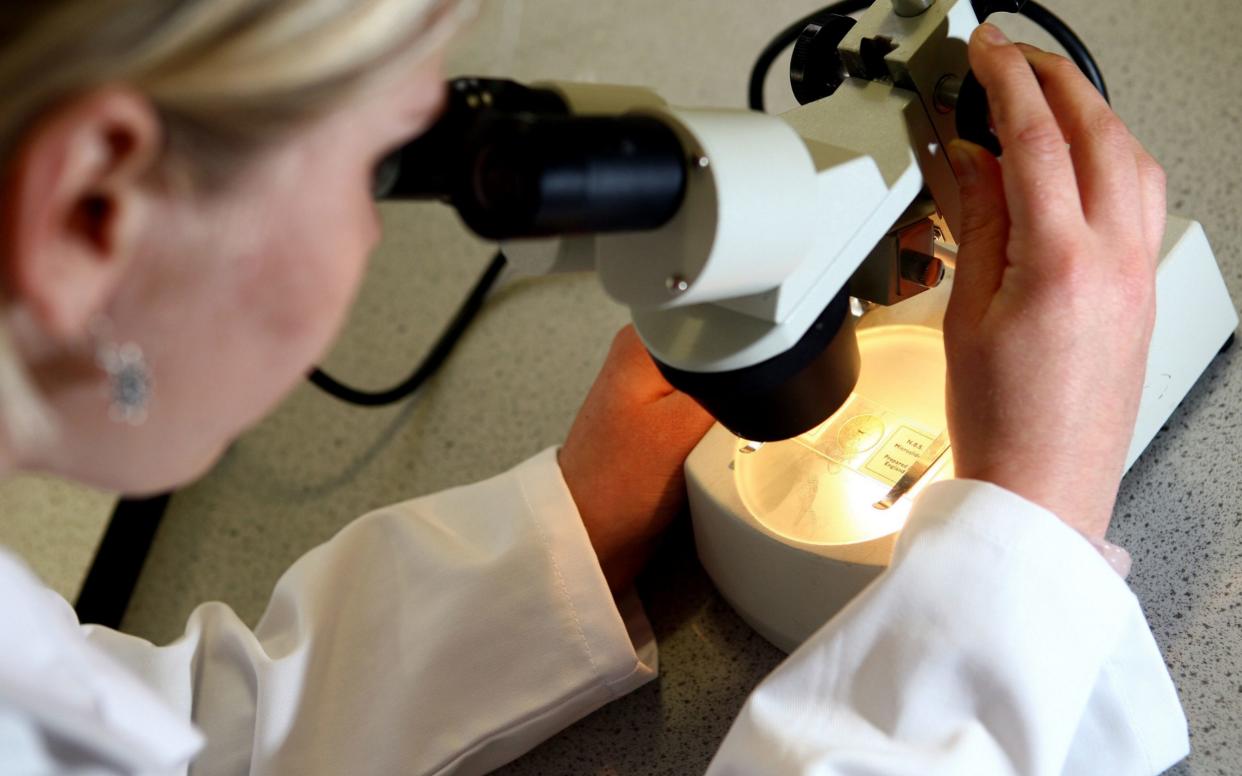Lung disease prompts call to ban quartz kitchen worktops

Quartz kitchen worktops should be considered for a ban, public health experts said, after a study found quarry workers are contracting an inoperable lung disease.
The worktops, which can cost thousands of pounds, have grown in popularity as homeowners choose it over granite for the potential colour options and the fact that it is easy to maintain.
However, a study of just more than 100 stone cutters in Spain has found they are being exposed to silica dust, which can lead to an incurable condition called silicosis.
Quartz is an artificial stone and cutting it releases dust which, if inhaled over a long period of time, can cause irreparable lung damage.
According to the NHS, silicosis can cause people to have difficulty climbing stairs or to be confined to their homes. It can also lead to other serious conditions including lung cancer.
Researchers said there had been an "ominous resurgence" of silicosis.
The study, published in Chest, conducted follow-up exams with workers who had been diagnosed with silicosis between 2009 and 2018 and found they had developed other serious conditions.
Dr Antonio Leon-Jimenez, lead investigator and a lung specialist at Puerta del Mar University Hospital in Spain, said: "While 6.6 per cent of the artificial stone workers were initially diagnosed with massive pulmonary fibrosis, 37.7 per cent had more advanced disease at the follow-up exam, even though they had left their jobs and were no longer exposed to the harmful dust.
"In a quarter of the patients, the rate of decline in lung capacity progressed very rapidly."
Dr Leon-Jimenez said that the findings emphasise the need to maximise protective measures for patients and to find new treatments that could delay or curb the progression of the disease.
Dr Robert Cohen and Dr Leonard Go, of the University of Illinois at Chicago School of Public Health, said authorities should consider a ban on artificial stone.
They said: "Given the toxicity of this material and the rising human cost of its use, if engineering controls cannot limit worker exposure to hazardous concentrations of RCS [dust], a ban on artificial stone needs to be considered.
"Colourful countertops are not worth the price paid by these workers."
ABC News in Australia reported last year that there were 260 cases of silicosis across the country, with cases in Queensland trebling in less than a year.
The UK Health and Safety Executive website said that there is a clear regulatory requirement for employers to control the risk of workers being exposed to stone dust. The guidelines state that stone should be cut in a well-ventilated place and workers should wear proper respiratory protective equipment.

